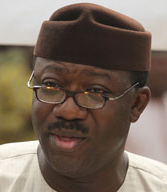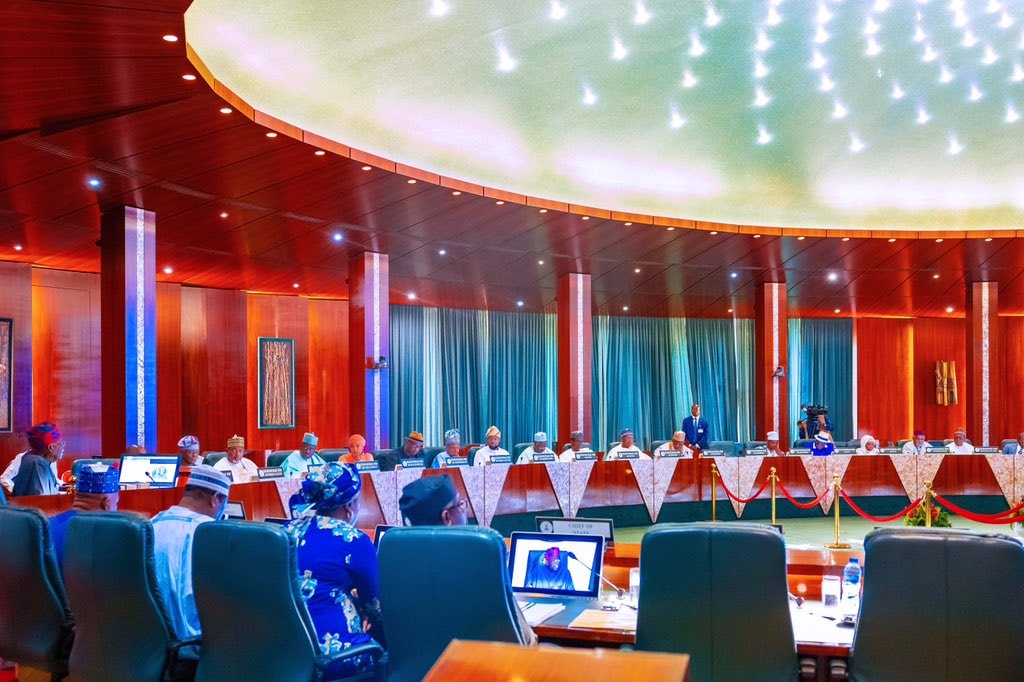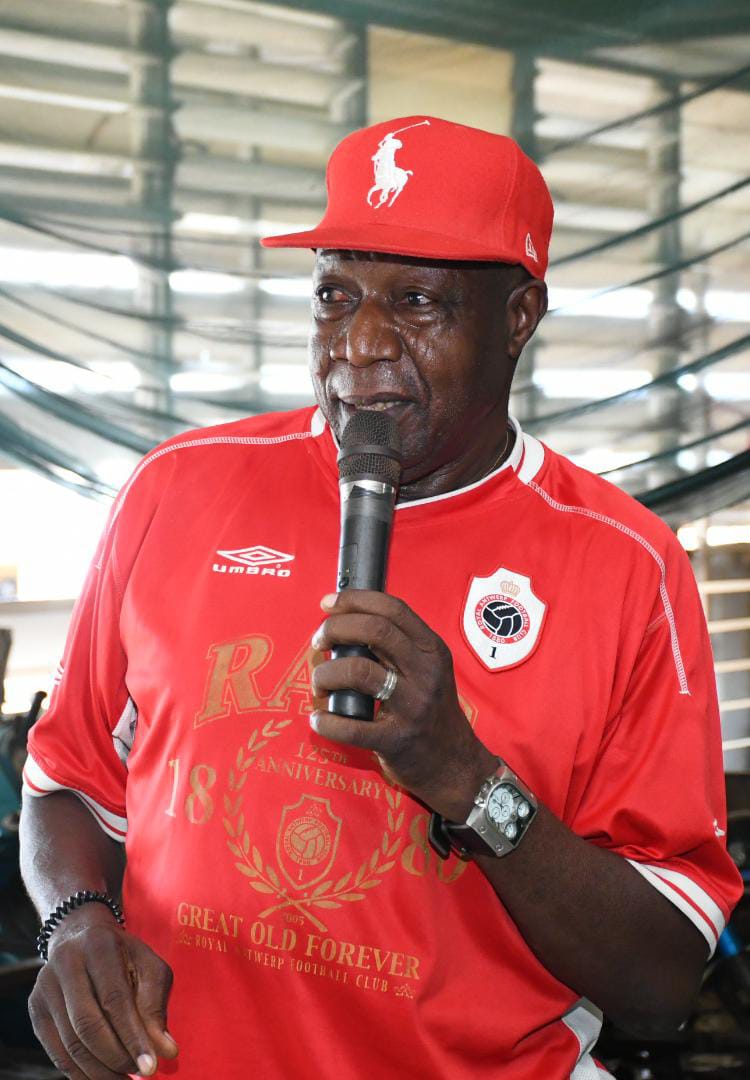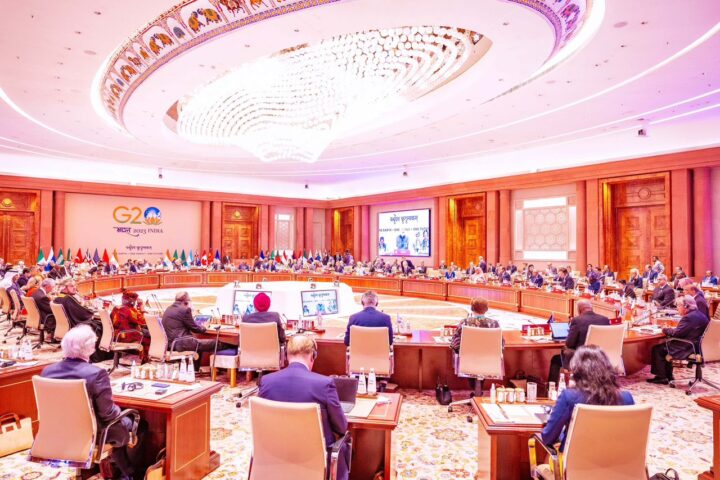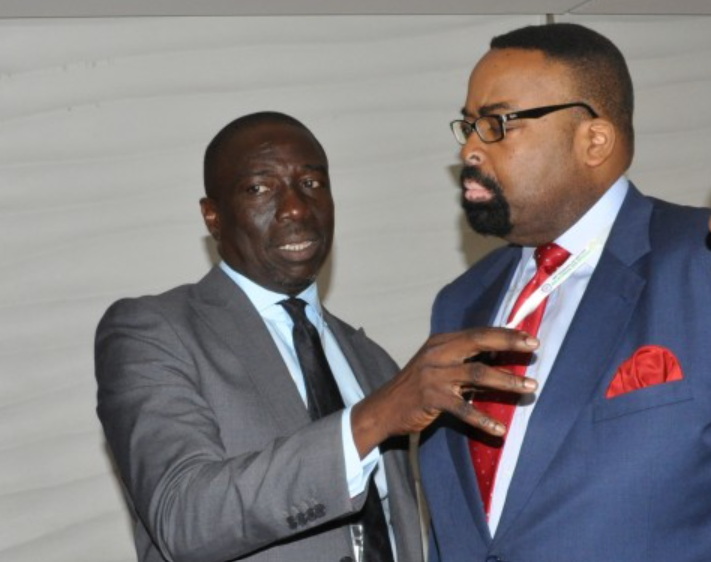The evolution of Nigeria’s federalism has not served our best interests and it is not surprising that we have witnessed protests at every attempt towards a constitutional reengineering. Two prominent examples were the 2005 Constitutional Reform Conference convened by President Obasanjo’s administration and the 2014 National Conference at the instance of President Jonathan. In the two conferences, the delicate issue remained that of restructuring (often dubbed Devolution of Power, Decentralisation, True Federalism, etc.). But for how long can we continue to run away from this issue and continue to pretend that somehow it will resolve itself someday?
In my view, structural changes (like state creation and merger) would appear unrealistic in a democratic dispensation. I also do not think we can easily go back to the pre-1966 regional structure or adopt the 54 federating-unit proposal of the 2014 conference, which I find impractical, no matter the appeal or attraction. Rather, our preoccupations should be, how we can make the current structure work better for us in terms of, first our governance system; second, our economy and national productivity; and third, citizenship and inclusion. There may be other issues that should be the object of our restructuring, but I consider these to be paramount. Therefore, in my view, restructuring should be less about redrawing the map of Nigeria, and more about building an efficient governance system that is capable of delivering the greater good to the greatest number of our people.
In essence, our desire to make Nigeria work should be anchored on the principle of devolution of powers – that is, the reallocation of powers and resources to the country’s federating units. The reasons for this are not far-fetched. First, long years of military rule have produced an over-concentration of powers and resources at the centre to the detriment of the states. Two, the 1999 constitution, as has been argued by several observers, was hurriedly put together by the departing military authority and was not a product of sufficient inclusiveness.
Part of the focus of such an exercise should be: what items should remain on the exclusive legislative list and which ones should be transferred to the concurrent list? Other topical issues include the derivation principle; fiscal federalism and revenue allocation; land tenure, local government creation and autonomy; etc. All points considered, the fiscal burden of maintaining a largely inefficient and over-bloated bureaucracy is a metaphor for shooting oneself in the foot.
Advertisement
Again, in arriving at a position on what ought to be in the quest to make Nigeria work, I wish to further say that my sentiments are more associated with strengthening the sub-national units in the reallocation of powers and resources. The assignment of functions that would be consistent with a devolved but strengthened federal system would have a short, exclusive federal list focusing on national defence and security, macro-economy, foreign affairs, customs and excise; joint responsibility in respect of certain functions that are currently assigned exclusively to the federal government (for example, internal security and policing) and primary responsibility of the sub-national governments in respect to other functions in the second schedule of the 1999 constitution whilst the remaining powers devolve to states.
On revenue collection and sharing, the position of the Nigeria Governors’ Forum which I used to head remains sensible and it is that the sharing formula should be reviewed in favour of the states, especially given the argument of devolved responsibilities to the sub-nationals. In the context of the proposed new federal structure, Governors have argued for a formula along the lines of 42% to states, 35% to the Federal and 23% to Local Governments. Remaking Nigeria through the devolution of powers and re-organization of the federating units is an idea whose time has come.
To quote Attahiru Jega again: ‘’By working hard and rationally, scientifically, to remove all the distortions in our federal system, we would have a better functioning federation with only states as federating units; with conscious commitment to zonal cooperation among contiguous states, with local governments subsumed under states…with substantial devolution of power, responsibilities and resources from the federal government to the states, and with mechanisms of ensuring greater equality of opportunity for all and affirmative action for inclusion of the marginalized, minorities and groups discriminated against in the country… ‘’[Jega:2017]
Advertisement
Finally, elections have come and gone but we are still confronted with its fallouts. It is my belief that electoral reform must now come back on the agenda. While I have absolutely no doubt that my party, the All Progressives Congress won the Presidential election as declared by the umpire – largely due to a better understanding of the political dynamics in the country and the ineptitude of opposition elements, I think it’s time for alternative politics rather than always seeking political alternatives among indistinguishable political parties, if the goal is to make Nigeria work on the basis of inclusion, stability and national cohesion.
If alternative politics must be taken as a wholesale reform of our political system, and we are interested in the codification of a system of alternative politics that is consensual and developmental, then perhaps the argument to put forward, as a first step, is that our electoral system may need to be re-engineered away from the current majoritarian “winner takes all” model.
With the three major parties winning almost an equal number of states and the eventual winner garnering 37 percent of the total vote cast in the Presidential elections, it does not require much to see that this will not enhance the stability of the polity. I think it’s time to begin to look in the direction of what’s commonly known as proportional representation in place of this inadequate and conflictual first-past-the-post electoral system. My notion of proportional representation is that each is included on the basis of performance in the national election. This will still guarantee that the winner of the election still leads the government, but you cannot have 37 percent of the vote and take 100 percent of the government. My own notion of Proportional Representation will also include a synthesis of manifestoes toward a comprehensive, national integration outlook with all the parties seeing themselves as critical stakeholders in the national project and it will make for stability and cohesion.
My sojourn in politics so far convinces me that any strategy for building sustainable democracy in a plural and divided society such as Nigeria must place a premium on electoral systems that will promote accommodation and inclusivity as a way of ensuring that the fractures and frictions that obstruct national change-making are blunted and dislodged.
Advertisement
Finally, to borrow another famous quotation from Shehu Usmanu Dan Fodiyo which I understand was the guiding principle of his leadership style in life, “A kingdom can endure with unbelief, but it cannot endure with injustice.” May we have the courage and the conviction to confront injustice in our country and make Nigeria work for all of us. By so doing, we will also make Nigeria a light that shines for the rest of Africa and the world at large.
Fayemi, former governor of Ekiti State, is a Visiting Professor at the School of Global Affairs, King’s College, University of London, England. The article is an excerpt from a Keynote Address delivered at the National Dialogue on “How to Make Nigeria Work” in commemoration of the 60th Birthday Celebration of Professor Udenta Udenta, founding Secretary General of the Alliance for Democracy.
Views expressed by contributors are strictly personal and not of TheCable.
Add a comment
